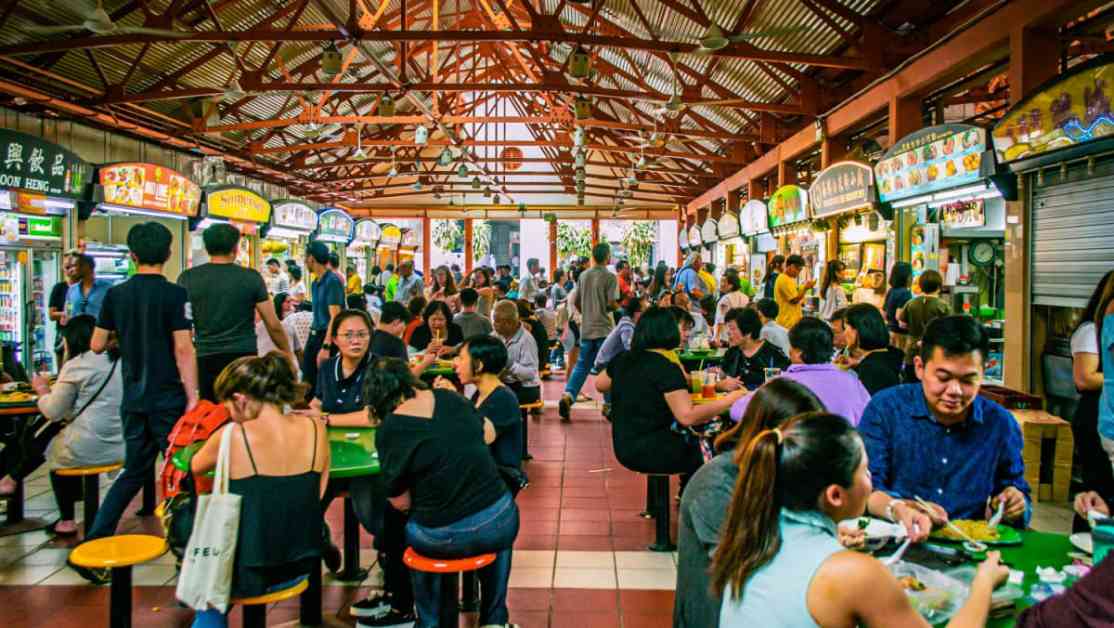Operators Face New Restrictions After Bill Passes in Singapore
In a groundbreaking move to protect public health and ensure food safety in Singapore, a new Bill has been passed that imposes harsh penalties on operators who have had their licences revoked due to food safety breaches. According to the latest updates to Singapore’s food safety regime, individuals who have had their licences revoked will be barred from reapplying for the same licence for up to three years. This change comes in response to the need for stronger regulations in the face of evolving food risks and consumer demands.
What You Need to Know About the Food Safety and Security Bill
Under the new Bill, operators found guilty of fraud or breaches that pose significant risks to food safety or the public interest will face disqualification from holding a licence for up to three years. This move aims to prevent unfit individuals from continuing to operate food businesses, ultimately safeguarding consumers’ well-being. The disqualification period will be determined by the Singapore Food Agency based on factors such as compliance history and the severity of the violation.
New Limits on Food Imports and Maximum Penalties
In addition to the restrictions on operators, the Bill introduces new limits on food imports for private consumption. Individuals will now be allowed to bring in up to 15kg of various categories of food, significantly increasing the previous limit. This change acknowledges the evolving demands of consumers while ensuring that imported food remains safe for consumption.
Furthermore, the Bill sets the maximum penalty for serious food-related offences at S$50,000 for first-time corporate offenders and S$25,000 for individual offenders. By aligning penalties with the severity of the offence, the Bill aims to deter misconduct and protect public health effectively.
Industry Concerns and Government Response
While the Bill has garnered support from Members of Parliament, concerns have been raised about the potential impact on businesses, especially small enterprises. Opposition MP Dennis Tan highlighted the need for measures to promote industry best practices and reduce incidents of food poisoning, while Nominated MP Jean See emphasized the challenges food businesses may face in implementing new safety requirements.
Responding to these concerns, Senior Minister of State for Sustainability and the Environment Koh Poh Koon assured that the Bill provides flexibility for businesses to adapt to the new regulations without significant compliance burdens. He stressed the importance of shared responsibility across the food value chain to ensure food safety from farm to fork.
In conclusion, the Food Safety and Security Bill represents a significant step towards strengthening Singapore’s food safety regime and protecting consumers. By consolidating and rationalizing food-related legislation, updating safety measures, and supporting industry development, Singapore is poised to enhance its food supply resilience and meet the demands of a changing food landscape.


























